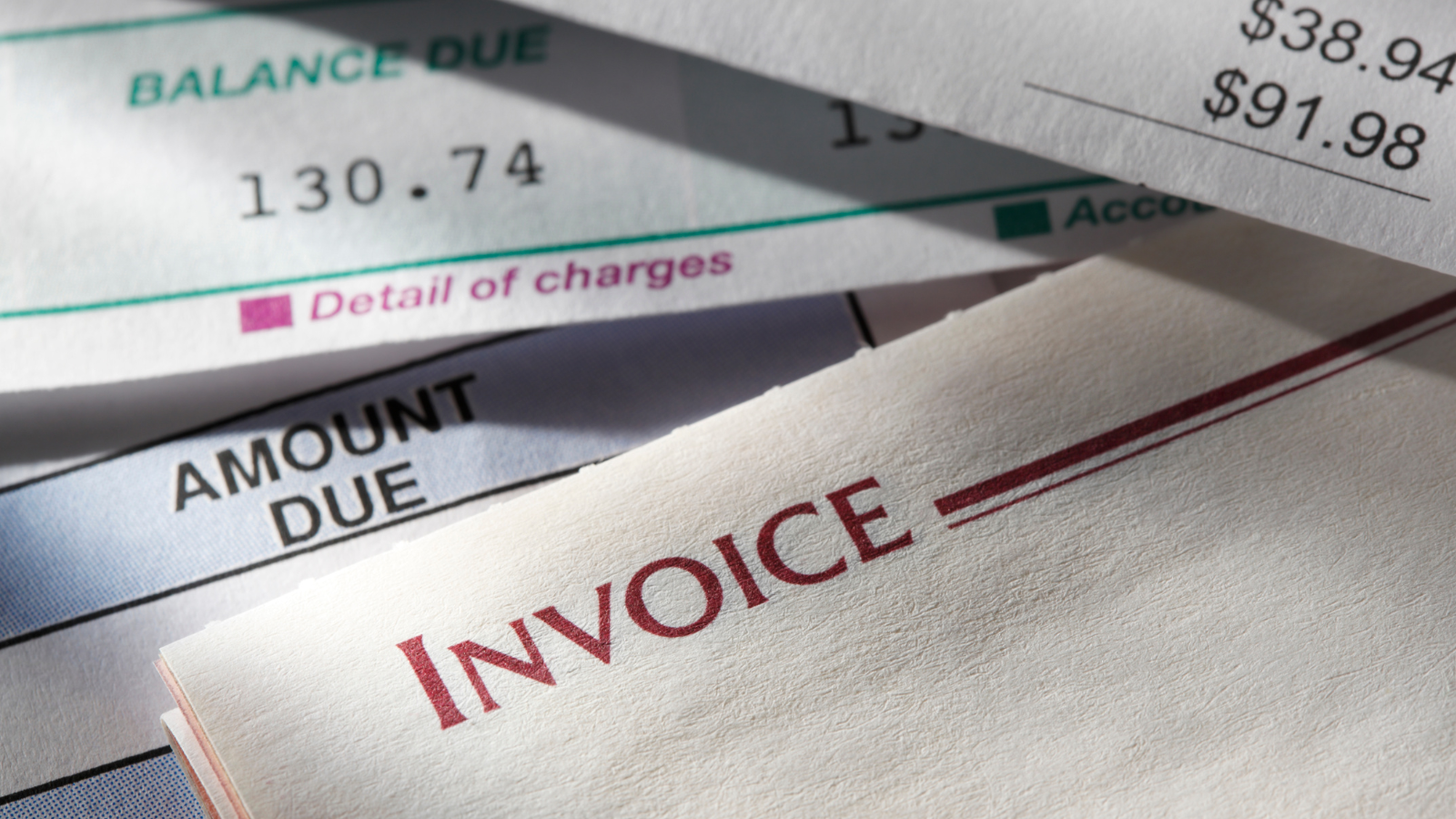As Q3 of the fiscal year comes to a close, it’s time for the housekeeping task that will keep your small business accounting clean and tidy. Within those ledgers lie records and indices regarding the health of your company, your best evaluator of profitability, and a guide to future business decisions and investments.
Small business owners simply cannot afford to neglect keeping complete and accurate records. Hayes and Associates can help you with a step-by-step checklist to make sure your books are in impeccable condition.
The Importance of Accurate Small-Business Accounting
When your books are disorganized and records are incomplete, the stresses of running a small business are compounded exponentially. Every time you need to make a decision, set goals, or prepare reports for other stakeholders, you’ll be investing hours of preliminary work just to find the information you need. This, of course, detracts from the important work of daily business operations, which holds you back from achieving your professional goals. Funds can be misplaced or misappropriated, leading to potential account overdrafts, bills left unpaid, and susceptibility to IRS audits.
Those who keep streamlined, accurate records find it easier to know, at a glance, exactly how their company is performing and growing. They can set accurate budgets and make decisions with solid financial data to support them.
Bookkeeping Clean-Up Tasks
The health of your business and the desire for growth can be powerful motivators to keep those books ordered with laser precision. When you sit down to do your fall clean-up, be sure to allow plenty of distraction-free time, or you may find yourself sidelining the bookkeeping for other tasks that feel more urgent.
- Completely separate all of your business accounts from your personal accounts.
- See that every single financial transaction, every expenditure, every paycheck, every payment received, etc. have been entered, and that this information is all recorded in one place.
- Update your bookkeeping from cash-based to accrual based accounting. Cash-based accounting records the money that passes into and out of your business when it is received or spent. By contrast, accrual-based accounting records when goods or services are provided. Notations are included for debts and due dates for payments.
- Review every entry and make sure that information is recorded accurately. Repair any errors you find in arithmetic, the placement of data, and transposed digits. As it turns out, your high school math teacher who always insisted that you “check your work” was giving you valuable real-world advice. Taking the time to check over your entries as you go can prevent many errors and future cleanups.
- Follow up on any unpaid invoices.
- Reconcile accounts by comparing your records with bank statements and other financial data documents. When you find discrepancies, seek to resolve those differences right away.
- Replace budgeted estimates for spending and profits with actual costs/profits.
Once your books are in order, take some time to reflect and evaluate the method by which you are doing your accounting. Was there any habit or practice of yours over the recent months that made cleaning up the books difficult?
The greatest struggle most small business owners face is finding adequate, consistent time for bookkeeping tasks when so many other things demand their attention. If your challenge is keeping things orderly and in one place, investigate the many user-friendly software options that can simplify your work and keep all of your financial data streamlined in one place.
Achieving Next Level Small Business Accounting
If your finances are in order and your business is healthy, when the opportunity arises to expand, you’ll be ready to seize it. Pick one (or more) of these accounting best practices and implement them right away.
- Going forward, don’t ever mix personal and business accounts. It confuses the books and puts you in a risky position for an audit.
- Familiarize yourself with IRS small business reporting and taxation guidelines. You will be expected to report gross receipts, expenses, purchases, assets, travel and entertainment expenses, and employment taxes. Make sure that your bookkeeping sets you up for a smooth tax season and keeps you well within the bounds of the law.
- Routinely evaluate your income and expenses. Compare monthly, quarterly, and annually to track the progress of your business.
- Schedule bookkeeping tasks into your work week. Establish the structure and habits that will serve your company well. Putting in the extra time needed to get your finances in order now will free up considerable time later.
- Take the data generated by your books and use it to set individual and company-wide goals. Use this quarter’s data to determine how effectively the company has met or is meeting previously established goals.
We’re Here to Help
Starting, growing, and maintaining a small business are time-consuming and demanding tasks. It’s easy to become overwhelmed and let organizational systems, such as accurate bookkeeping, get pushed to the side until a more “opportune” time. If that’s the case for you, one of the wisest investments you can make is simply outsourcing your small business accounting tasks. At Hayes and Associates, accounting IS our business. Let us help you with your fall clean up, and then we will maintain your books with precision while providing you with attentive service you’d expect from one business to another. Give us a call today.





